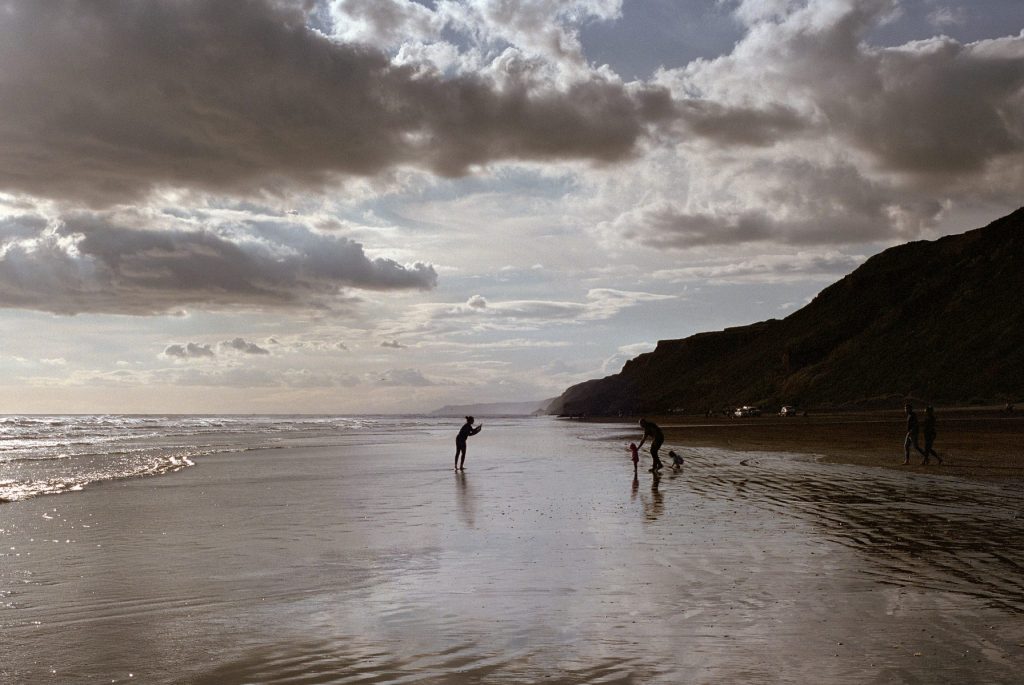Skift Take
While Tripadvisor has transitioned over the years away from hotel metasearch in a big way — largely because of Google's incursions — Trivago is just starting to dabble with diversification. That tilt could lead to more significant changes in the future.
In a modest way, its recent acquisition of Weekend.com gets Trivago into the online travel agency arena. That’s because instead of sending customers to other sites to complete their bookings, Trivago is the merchant of record in Weekend.com holiday packages.
The twist in business models, and Trivago’s desire to diversify beyond classic metasearch, is noteworthy although the level of its online travel agency-like bookings is very small, especially during the midst of the pandemic’s second wave in Europe and elsewhere.
In a Skift interview immediately following Trivago’s fourth quarter earnings call Wednesday, CEO Axel Hefer said that with the new holiday package offering plus a major product launch of local trips in the next couple of months, Trivago is offering customers solutions that are slightly more “up-funnel.”
What does that mean?
The attractiveness of traditional metasearch to travel advertisers is that customers are often close to booking something as they usually have dates and a destination in mind. In travel industry jargon, that means they are at the bottom of the funnel. So advertisers tend to be willing to pay more for a click from that type of customer so close to a booking than to attract a customer who is just beginning their trip-planning in a general Google search, for example.
“Inspiration will be more important in the months and years to come,” Hefer said, adding that Trivago’s diversification moves are a reaction to a change in the marketplace.
Weekend.com, which will be integrated into the Trivago platform, offers travel inspiration in the form of holiday package ideas from users’ local airports. Trivago’s looming “local” product will offer inspiration in terms of nearby trip ideas instead of “going to Berlin for the 500th time,” Hefer said.
While the holiday packages use an online travel agency booking model, with customer service outsourced to a third party, the pending local offering will have a travel inspiration component but will still use the comparison pricing of metasearch, he said.
Trivago reported its fourth quarter Wednesday. For the quarter, Trivago’s net loss was $10.4 million (euro 8.6 million) compared with net income of $3.7 million (euro 3.1 million) a year earlier. Revenue was $39 million (euro 32.3 million), a 79 percent plummet.
The second wave of the pandemic severely impacted Trivago’s results, and officials told analysts that they have hopes for a travel recovery in the second half of the year contingent on successful Covid vaccine rollouts.
Trivago’s metasearch auction for advertisers was volatile in the quarter because of the second wave.
“In the fourth quarter of 2020, our advertisers have implemented bidding strategies that vary more than in periods prior to the COVID-19 pandemic, as their expectations regarding cancellations differ in significant respects,” according to Trivago’s earnings statement.
Here’s a screenshot from Trivago’s investor presentation depicting how Booking Holdings became a bigger contributor in 2020 to Trivago’s revenue than it was in 2019, although Hefer said it wasn’t super-meaningful given the dampened advertising environment.
Trivago had $255.8 million (euro 210.8 million) in cash and equivalents on hand at the end of the fourth quarter of 2020 compared with $267.6 million (euro 220.5 million a year earlier.)
When it comes to trends, Trivago said it is hopeful that a clampdown on big tech, along with a new German law that bars platforms like Google from preferencing its own products over those of competitors, will benefit the travel industry.
In business travel, Trivago said it expects an increase in the booking of apartment hotels and managed apartments.
Regarding its own marketing spend, Trivago said it will be cautious pending the return of travel demand, and expects to tilt a bit toward digital and away from brand marketing on television.
The Daily Newsletter
Our daily coverage of the global travel industry. Written by editors and analysts from across Skift’s brands.
Have a confidential tip for Skift? Get in touch
Tags: earnings, google, metasearch, online travel agencies, otas, packages, travel inspiration, trip planning, trivago
Photo credit: People enjoying Phiha Beach in New Zeland on November 8, 2020. Trivago wants to give customers more travel inspiration. Harald Phillip / Flickr.com

